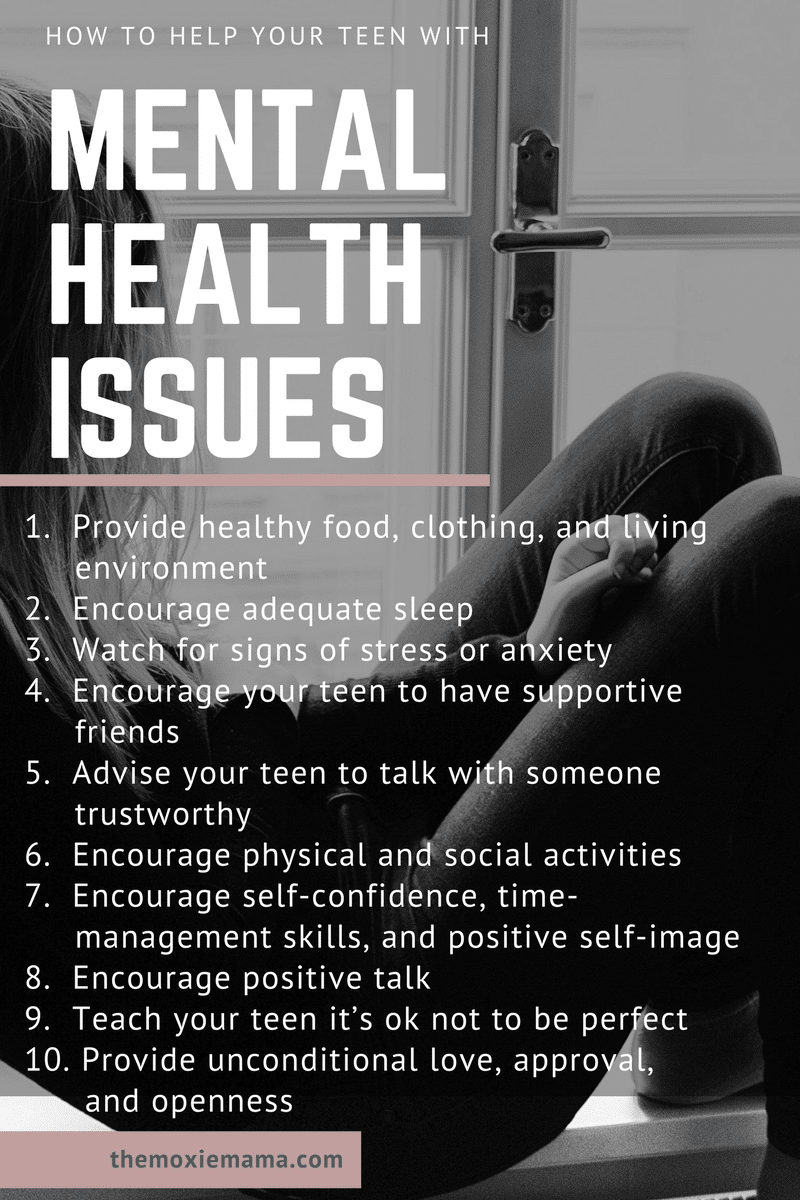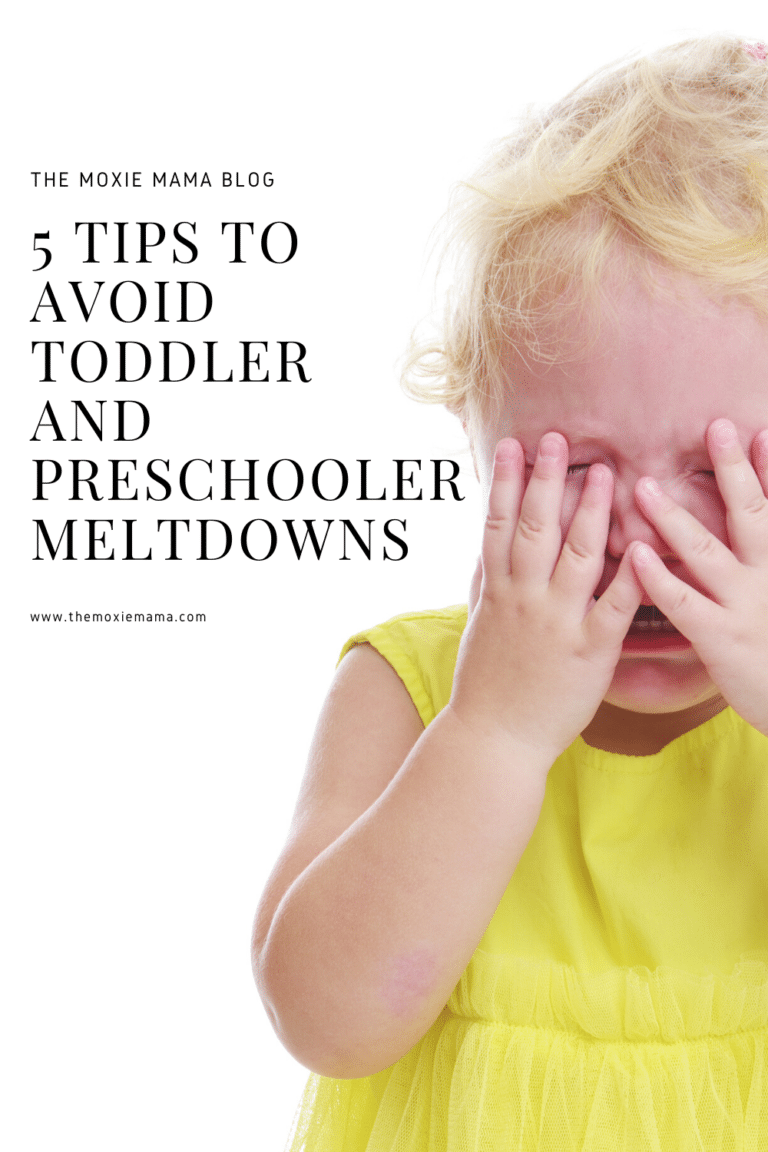If you have a teenager, you have probably worried about their mental health a time or two. The change from childhood to adulthood doesn’t happen all at once. As a child traverses the challenges of adolescence, new trials and tribulations may emerge. The teenage years are a vulnerable life stage and, as a parent, there are ways you can assist your teen in living a happy and healthier life.
Teen Development
A teen’s emotional and physical development is formed at a young age by factors that influence your teen’s capacity to learn, manage emotions, and interact with others. Your teen’s physical health and the people in their lives play essential roles in his or her mental health. Think of all the people your teenager interacts with regularly—like peers, siblings, teachers, coaches, relatives, and healthcare providers. They each contribute to your teen’s emotional growth.
Warning Signs
Teenagers may often feel overwhelmed as they haven’t yet gained the experience of knowledge to cope with challenging situations and rising expectations successfully. When stress and anxiety aren’t appropriately managed, they can negatively impact one’s mental and physical health.
It’s not uncommon for teenagers to feel irritable, lazy, and sad in the short-term. However, talk to your teen’s doctor if they exhibit any of the following signs lasting more than two weeks:
- Poor concentration
- Feeling depressed
- Lack of interest in once enjoyable activities
- Sleep issues
- Showing signs of increased anxiety or worry
- A decline in school grades
How to Help Your Teen
Did you know that one in five American teens experiences a mental health condition before the age of 18? If you believe your teen is having a difficult time, don’t disregard the issue. Parents should understand that mental illness can happen to any teen at any time but with the right help and guidance, it can be treated.
Here are a few preventative measures you can employ to help your teen learn to manage stress while it is manageable.
- Provide nutritious food, sufficient clothing, and a healthy living environment
- Encourage adequate sleep
- Watch for signs of increased stress or anxiety
- Encourage your teen to build a network of dependable and supportive friends
- Advise your teen to talk with someone they trust—teachers, coaches, and other adults—for guidance and encouragement
- Encourage your teen to become active in sports and social activities
- Assist your teen in becoming more self-confident, acquire good time-management skills, and have a positive self-image
- Discourage your family members from speaking negatively about themselves and others
- Teach your teen it’s ok not to be perfect
- Provide unconditional love, approval, and openness
When positive influences from peers and adults surround teenagers, they can discover the worth within themselves and unreservedly embrace who they are and learn to accept what makes them inherently unique. Additionally, they create a positive attitude on life and understand they’re loved completely. This is the cornerstone of positive self-worth, which is vital to foster early in childhood because it’s important to good long-term health.
If your teen is suffering, understand that there are resources available that can assist you in helping improve you’re his or her well-being. For more information and additional resources, check out the Parents Guide: How To Help Your Teen Cope With Mental Health Issues.





